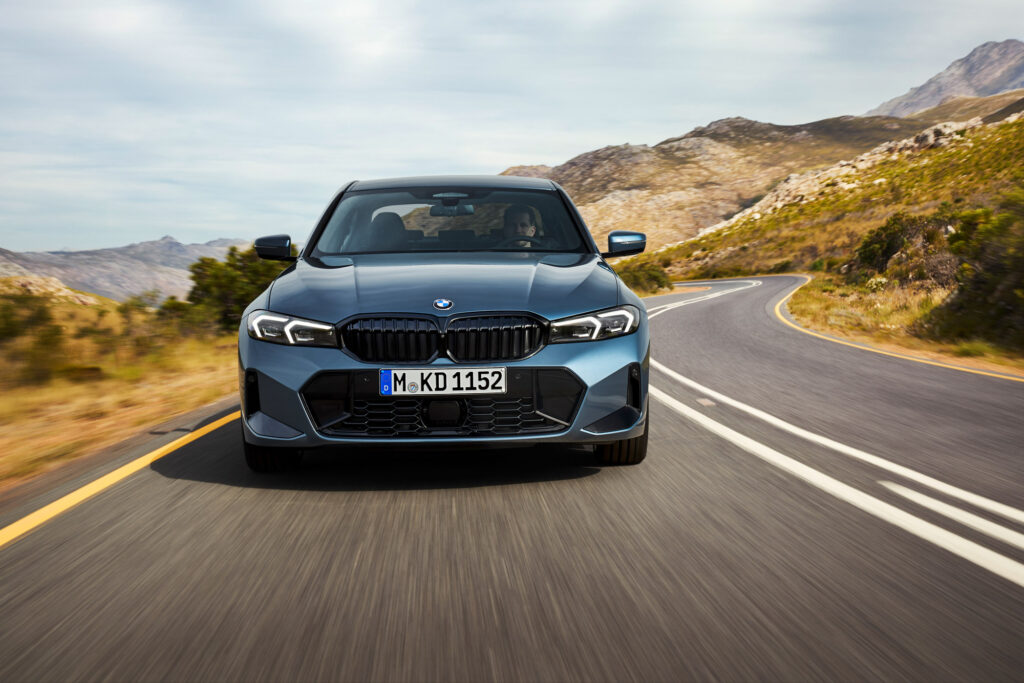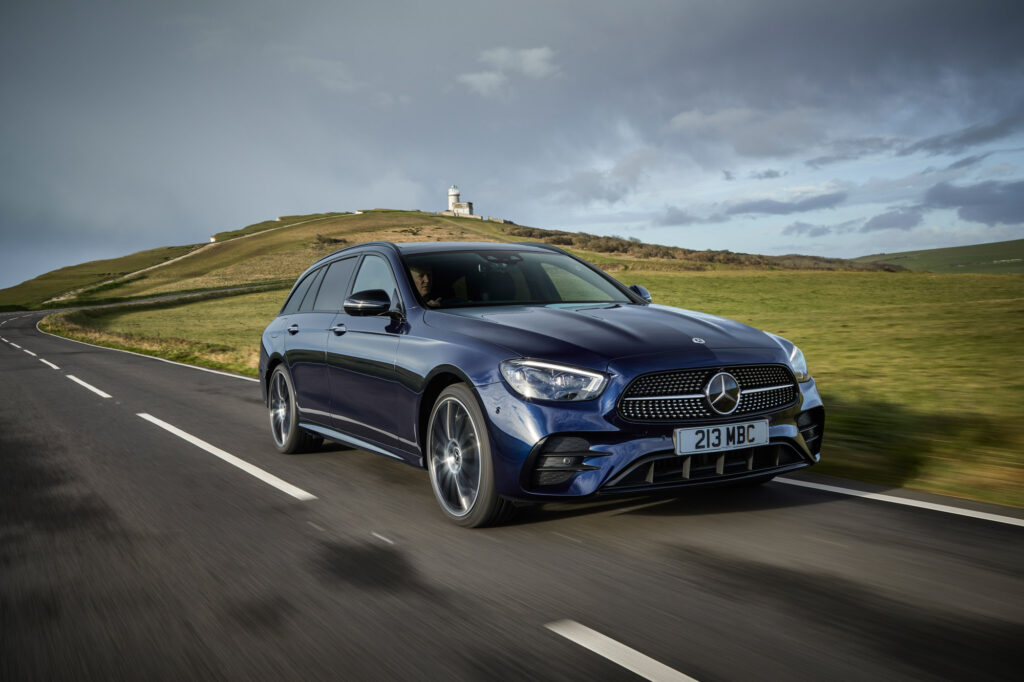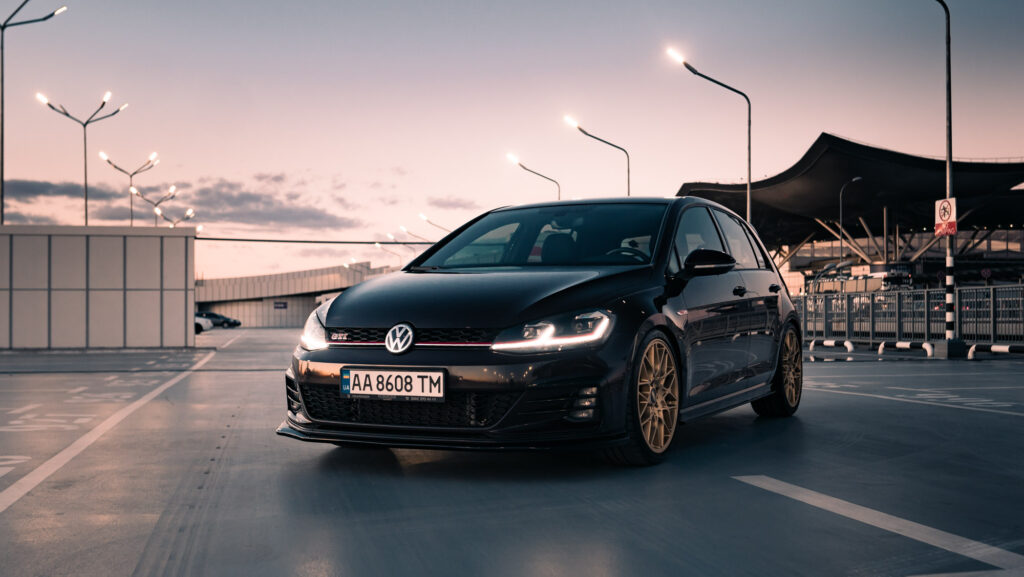The automotive industry is a competitive one. Automakers are constantly coming up with ways to make their vehicles stand out, whether it’s for their looks or performance.
Drivers from around the world have their favorite picks, and most of their choices are affected by their preferences regarding the vehicle’s origin.
While some prefer American-made cars and those that come from detail-oriented Japanese manufacturers, others are dedicated enthusiasts of German cars.
What’s So Great About German Cars?
German cars are undeniably world-class. But what exactly catapulted them to automotive fame?
Engineering
Engineering has always been a field of expertise for the Germans, paired with a keen attention to detail and a methodical approach to developing tech.
A significant amount of resources are poured into dedicated research facilities where they can develop and test vehicles without much trouble.
Craftsmanship
German cars have always been associated with a luxurious lifestyle, donning leather upholstery, advanced infotainment features, clean exterior lines, and ergonomic principles that one could only dream of.
For most German cars, every single detail is carefully thought of. From the simple and elegant style down to the arrangement of controls and buttons, each placement and design element is intended to give drivers the best experience possible.
Culture
A storied history another thing that makes a product great, mainly because it makes buyers feel like they’re a part of a rich culture and heritage.
For decades, German cars have participated in various motorsports events, including legendary races that put automotive performance to the test.
Top German Automakers
There are more than a dozen automakers that hail from Germany, but there are a few of them that managed to dominate the global market. Here are five of the most successful German automakers today.
Audi
Stationed in Ingolstadt, Bavaria, Audi is best known for producing a wide range of luxury cars that feature some of the most advanced tech features in vehicles today.
The company was founded in 1909 by August Horch. Audi’s slogan is “Vorsprung Durch Technik,” which translates to “being ahead through technology.”
With this forward-thinking belief, there’s no denying that Audi does have a lineup of saloons, estate cars, SUVs, and other models with a progressive design in mind.
Mercedes-Benz
In 1926, the duo of Karl Benz and Gottlieb Daimler founded the Mercedes-Benz company, which was originally called Daimler-Benz.
The company was already quite popular before it released its first model, given that Karl Benz was the brain behind the first practical automobile known as the Benz Patent Motorcar, which was released in 1885.
Mercedes-Benz is known for designing luxury trucks, vans, saloons, and sports cars. In 2018, Mercedes-Benz emerged as the largest premium automaker in the world when it sold 2.31 million units that year.
Porsche
Founded in 1931 by Ferdinand Porsche, the company is currently based in Stuttgart, specializing in high-performance race cars and supercars.
Porsche is actually under Volkswagen AG, a controlling stake that’s owned by Porsche Automobil Holding SE.
BMW
Bayerische Motoren Werke (BMW) is a Munich-based automaker that specializes in sports cars and saloons. Franz Joseph Poppe founded the company in 1916, but it wasn’t until 1929 when BMW officially became an automaker.
Similar to Porsche, BMW also has a racing pedigree, developing touring and F1-ready race cars.
Volkswagen
Also founded by Ferdinand Porsche in 1937, Volkswagen literally means “people’s car.” The Volkswagen Group also includes other automakers, such as Rolls-Royce, Bugatti, and Lamborghini.
The Best German Cars Money Can Buy
Here are five of the best German cars you can find in the market.
BMW 3 Series

The BMW 3 Series has been a crowd favorite since it was introduced in 1975. Over the years, the 3 Series has transitioned from a sole inline 4-cylinder setup to an integrated electric motor for its hybrid models.
3 Series BMWs are offered in saloon or touring options. This model is also known for its superb handling, especially the M sub-models.
Mercedes-Benz E-Class Estate

The Mercedes-Benz E-Class Estate is an all-terrain wagon that transcended the brand to a whole new level with its classy tech features, bold styling, and overall versatility.
Its latest redesign features a belt-less, inline 6-cylinder setup that goes with a 9-speed transmission.
Porsche 911

Nobody can forget the Porsche 911. The two-door, rear-engined sports car first roamed the streets in 1964 and proved to be one of the most successful competition cars.
The 911 has been marketed in many forms, including a turbocharged version (Porsche 930) and a water-cooled variant (Porsche 996).
Volkswagen Golf

For years, the Volkswagen Golf has been a popular pick as a daily driver. The compact car debuted in 1974, and its first design was marketed as a replacement for the Beetle.
Although the Golf isn’t as flashy as the other cars on this list, it was able to cement itself as one of the best European cars ever produced.
Along with the Vauxhall Astra and Renault Clio, the Golf was able to win the prestigious European Car of the Year twice (1992 and 2013).
Audi R8

The Audi R8 is undeniably expensive, but its owners will tell you that the luxury car is worth every penny.
The mid-engined supercar was introduced in 2006 and was based on the Audi Le Mans Quattro concept car that debuted at the 2003 International Geneva Motor Show.
The R8 is known as one of the best-handling road cars today, even earning a cameo as Tony Stark’s personal vehicle.
Is Buying a Used German Car Worth It?
Drivers working with a tight budget might not go for a brand-new German car, but shopping for a used car is still a good option.
German cars generally hold their value, thanks to precision engineering and their unparalleled performance.
Of course, a used German car will only run well if you do your part as a car owner. Proper maintenance is a must for every vehicle regardless of the brand.
It is, however, a possibility for some vehicles to carry a bad reputation as with other vehicles from all over the world.
When buying a used German car, be sure to do your research. Check out online forums and ask around about which models you should avoid. You can also look up what type of repairs are common for these models.
Any information provided on this Website is for informational purposes only and is not intended to replace consultation with a professional mechanic. The accuracy and timeliness of the information may change from the time of publication.


























